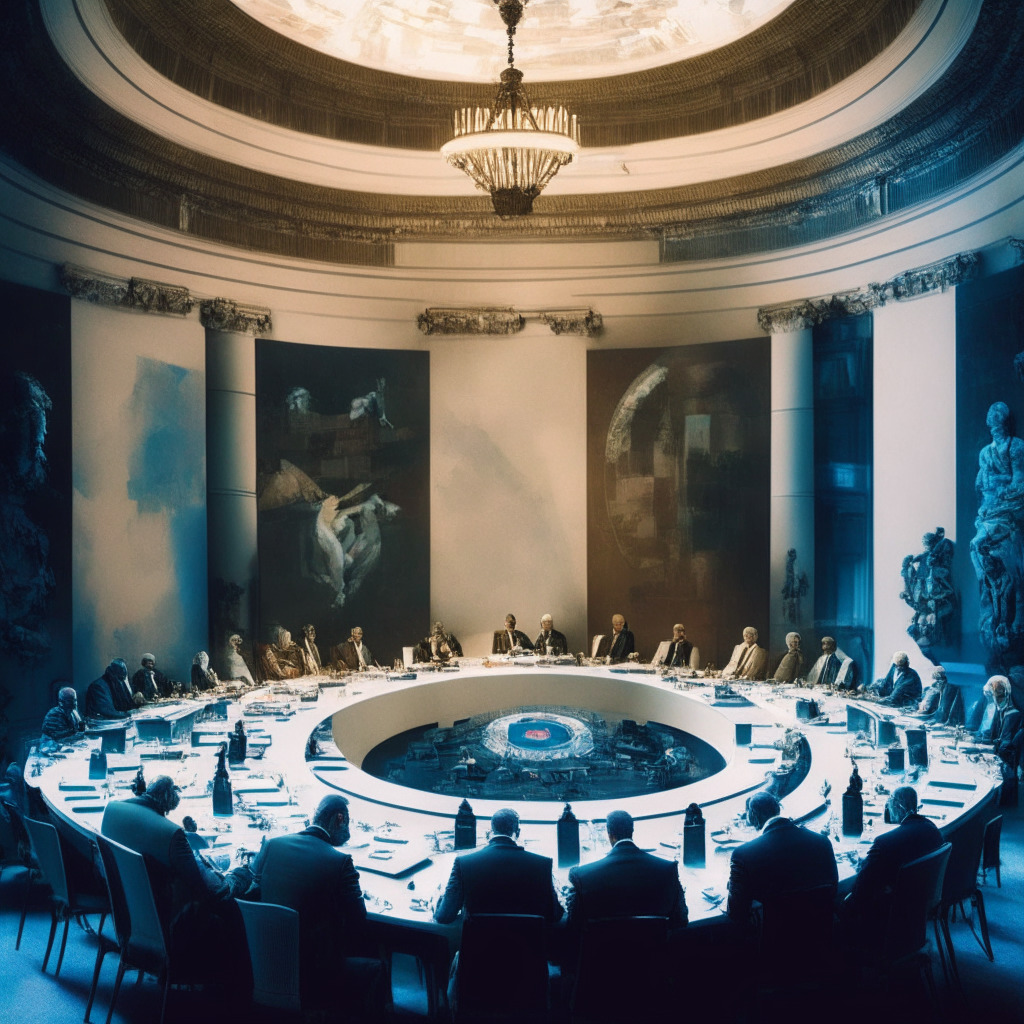The US Government seems set on taking a deeper, more informed stance on the implications of artificial intelligence (AI), with a “classified” AI briefing set for US senators set by the White House. This briefing, announced by Senate Democratic Leader Chuck Schumer, would be the first of its kind, focusing on how AI is currently being used and invested in. The goal of the briefing is to illuminate the workings of AI in national security and also expose what the country’s adversaries are doing in AI.
The long-term implications of this move hold immense weight. Increased AI regulation may hamper innovation, tempering the feverish pace of technological advancement. But, by laying down legislative action, it could also likely foster an atmosphere of trust, reassuring the public that AI systems are being managed prudently.
The classified meeting is to be held in conjunction with the Department of Defense and Intelligence Community, implying a focus on defensive and offensive capabilities of AI. This necessitates an understanding not just on the part of the ‘experts’ but the senators themselves, as they play a crucial role in shaping the future legislative landscape of AI.
To continue the process, Schumer also conveyed plans for a series of “AI Insight Forums” in association with leading AI experts conducting subsequent briefings. Throughout these interactions, the crucial task would be to translate expert insights into workable legislation – a task that might prove to be a daunting one given the dynamic and complex nature of AI.
Meanwhile, Schumer has already been developing his proposed outline, the SAFE: Innovation Framework for AI. His design is aimed at guiding the Senate to amplify American leadership in AI while harnessing its potential and safeguarding society from possible harm. With artificial intelligence coupling with the foundations of entire industries, it’s essential to ensure that these innovations work in the best interest of those it serves.
The formation of a new Office of Global Competition Analysis to keep the government in the know of worldwide AI trends has also been suggested. The purpose of this office would be to offer an in-depth and updated understanding of the rapidly changing landscape of AI development globally.
As we ponder the implications of this move, it’s important to remember that it paints a detailed picture of the complexities surrounding AI. On one side, we have questions about the impact of AI on jobs, privacy, and security. On the other, we have the potential for tremendous economic growth and improvements in quality of life. Striking a balance between these opposing demands will surely be a herculean challenge.
In tandem with assertive AI regulations, there’s a concurrent move to bridge public and private blockchains to buttress AI. Public-private blockchain integration can enhance trust and ensure data integrity, forming a robust foundation for AI applications. This nuanced approach towards AI, gridlocked with blockchain technology, points towards a multifaceted approach to legislating and controlling the future of AI.
From a more holistic perspective, the call for “comprehensive legislation” on AI underscores the increasing concern at the heart of government on the pervasiveness and potential consequences of AI. The ramifications of such legislation and regulatory frameworks will undoubtedly be significant, as they will shape the trajectory of AI development and implementation in the U.S. and potentially abroad.
Source: Cointelegraph




